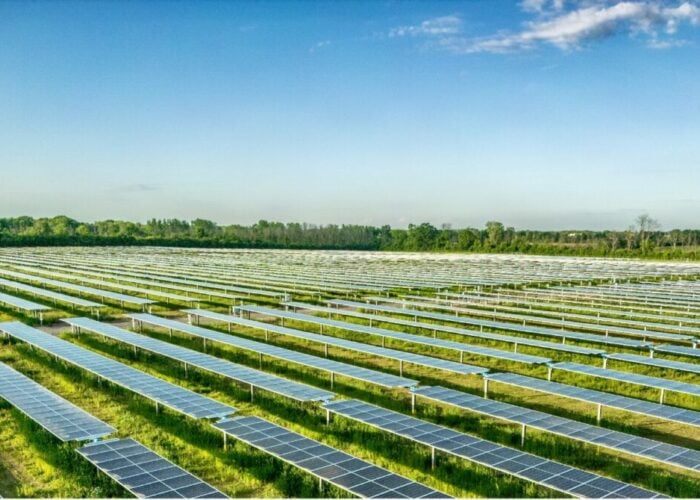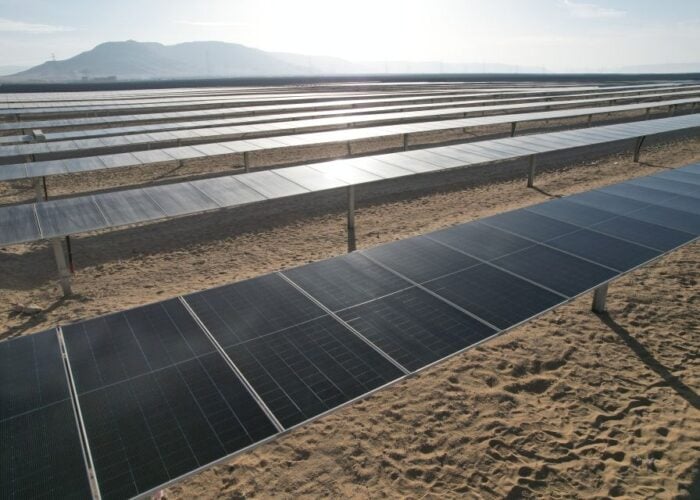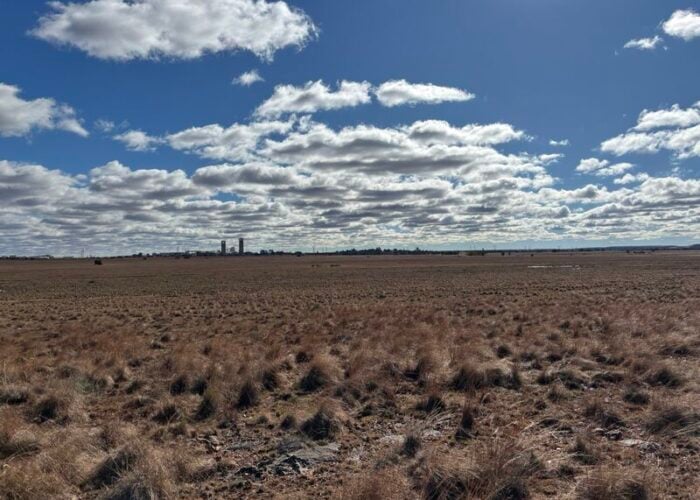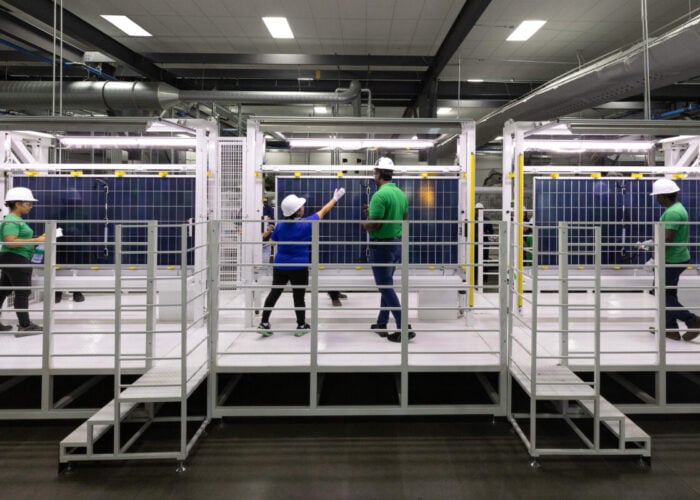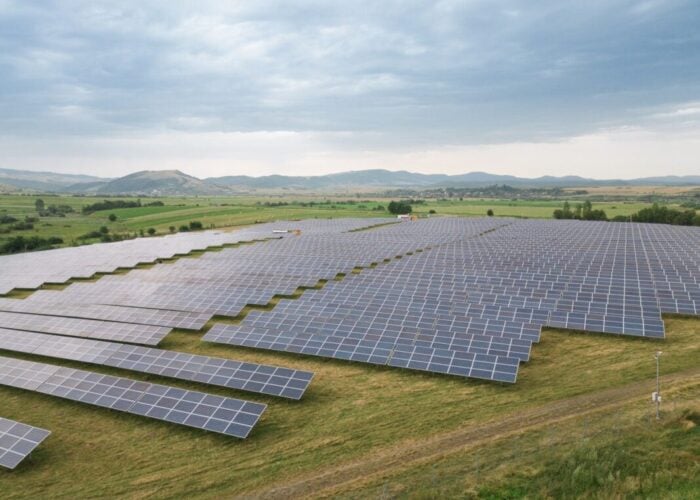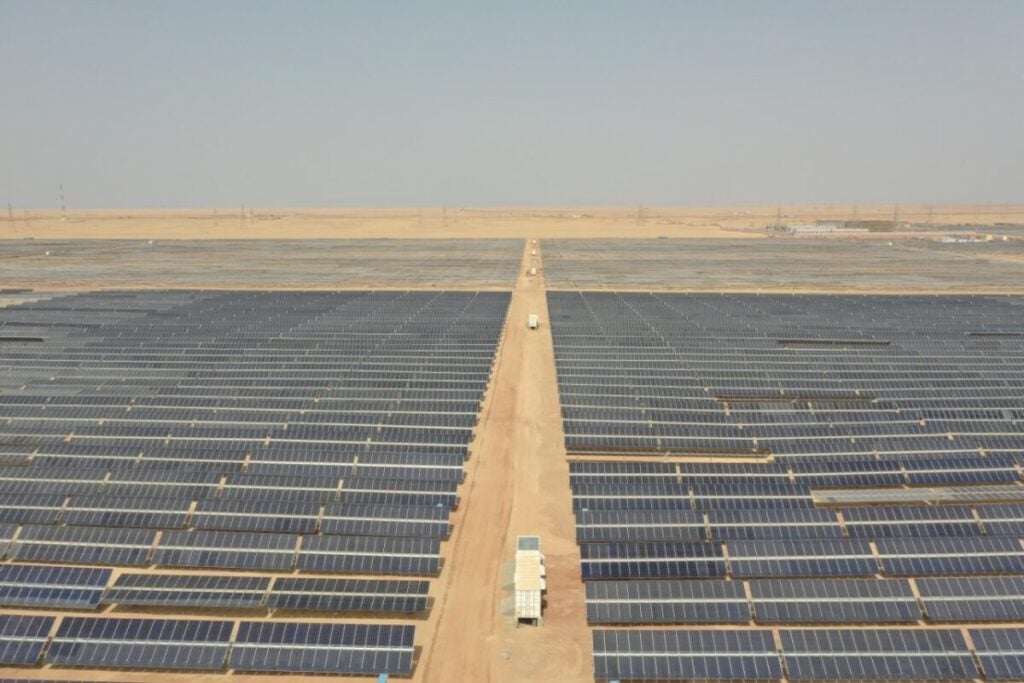
Singapore-headquartered manufacturer EliTe Solar has announced plans to build an 8GW cell and module manufacturing facility in the Suez Canal Economic Zone (SCZONE) in Egypt.
EliTe Solar plans to commission the project in two phases, with the first phase, which will build a 2GW cell production facility, to be completed by September 2025. While the company did not announce a timeline for the second phase of development, it noted that, once the facility is producing its full compliment of cells and modules, it would generate annual sales of over US$190 million, offsetting the company’s US$150 million investment into the project.
Try Premium for just $1
- Full premium access for the first month at only $1
- Converts to an annual rate after 30 days unless cancelled
- Cancel anytime during the trial period
Premium Benefits
- Expert industry analysis and interviews
- Digital access to PV Tech Power journal
- Exclusive event discounts
Or get the full Premium subscription right away
Or continue reading this article for free
The company also noted that it would sell “a significant portion” of its products to markets such as the US, which has sought to distance itself from solar products produced in China for several years now. While this has predominantly taken the form of encouraging domestic manufacturing through the Inflation Reduction Act (IRA), EliTe Solar has clearly identified the US as a potential buyer for solar products made elsewhere in the world.
“This venture will position Egypt as a central hub for photovoltaic manufacturing in the Middle East and North Africa,” said Derek Liu, chairman of EliTe Solar. “With a planned total production capacity of 8GW, we are introducing solar technology to revolutionise local supply chains and manufacturing standards.”
While EliTe Solar has not announced the products that it will produce at the facility, it was awarded a top-ten score among global module manufacturers by Wood Mackenzie this summer.
Egypt has seen significant interest in renewable power development in recent years, although most investments have focused on the green hydrogen space, rather than renewable power manufacturing or deployment. At this summer’s Egypt-EU Investment Conference, companies signed deals worth US$37 billion to invest in green hydrogen developments in country, some of which feature solar power generation, such as Voltalia’s plans to build a 2.7GW solar-and-wind hybrid project in the SCZONE.
The national government is seeking to meet 42% of Egypt’s energy demand with renewable power by the end of the decade, which could be a tall order considering that natural gas alone accounted for 81% of the country’s energy mix as recently as 2021, according to the International Energy Agency (IEA).
In 2021, solar power accounted for less than 3% of the country’s total electricity generation, suggesting that, despite the presence of Africa’s largest solar park, the 1.8GW Benban project, in the country, Egypt will still need to expand its solar industry in the years to come.

